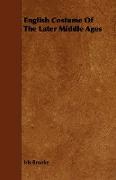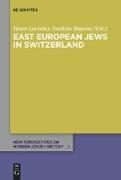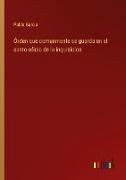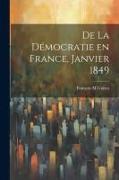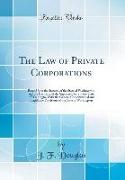English Costume of the Later Middle Ages
BücherAngebote / Angebote:
FOREWORD in the previous books in this series, my aim has been A to sekct interesting and popular garments, headdresses, footwear, and details of costume of the period. It is not easy in the limited space available to depict the progress of costume during two centuries, and inevitably there are omissions. A great deal of time and thought, however, h3s been expended on a selection of drawings which will give a maximum of Information to the student with limited hours at his disposal and only a slight knowledge of costume. If the costume of a period is, as Mr. James Laver suggests, the mirror of tlle soul, there are several interesting reflections in the costume of the fourteenth and fifteenth centulies. The contrast between the dress of the noble and that of the labourer is more striking than at any later period in English hstory, and t indicates the distinction which the feudaI system demanded between the powerful baron and the powerless serf. Wth the gradual decay of this system later in the fourteenth century, class distinction in dress began a slow process of disintcgration which ended only in recent times. Changes in costume were few in the early years of the century, but with the achievement of national unity--the complete fusion of the Norman conquerors and the Anglo-Saxon conquelecl, and the progress of national freedom i- the increasing powers of Parhament-English life showed fresh strength and vigouj, which is reflected to a remarkable extent in the costume of the latter half of the fourteectll century. Clothcs assumed a new importance, and new and exaggerated fashions made great headway. It was with the arrival of Anne of Bohemia in the eighties that the most fantastic and exaggerated fashions made their appearance, and from this time onwards until the Puritan influence of the seventeenth century, costume became more and more ornate. The exaggeration of each phase of fashion beyond the point of absurdity seems to have been the aim of every would-be Elligant of the fifteenth century. The new virility and gladness of English life which found utterance in the verse of Chaucer and his Tales of the Canter- buy Pikrim seem to have died with him, but in the century which followed, in spite of the wars with France and the Wars of the Roses, the gay progress of costume continued, and both men and women found ample opportunity for self- expression in dress. Costumes were still fantastic and exaggerated when the acquisition of wealth and material prosperity under the Tudors permitted still further elaboration, so that the fifteenth century closes and the age of Elizabeth opens with pageantry more lavish than at any other period in the history of English costume......
Folgt in ca. 10 Arbeitstagen
